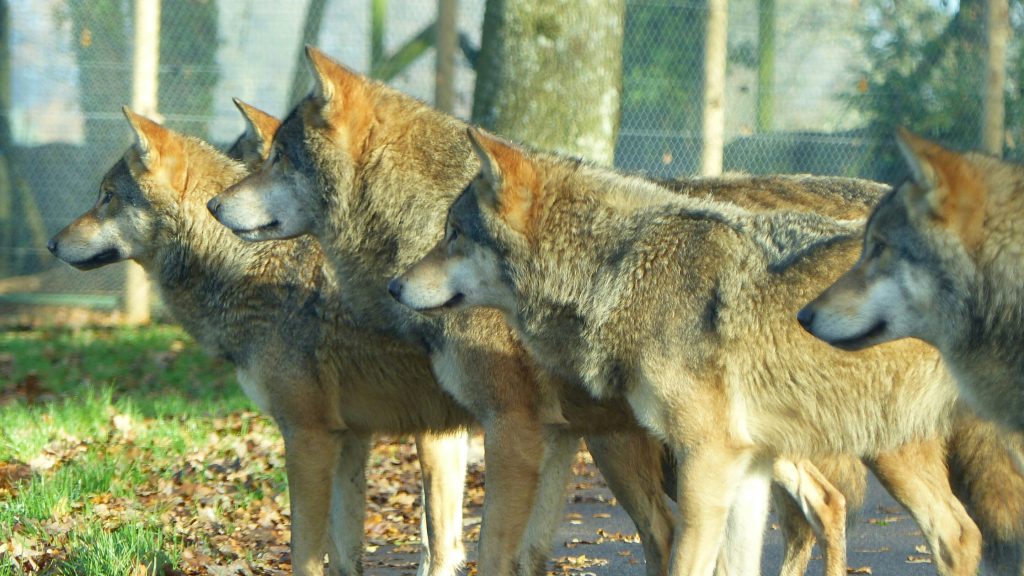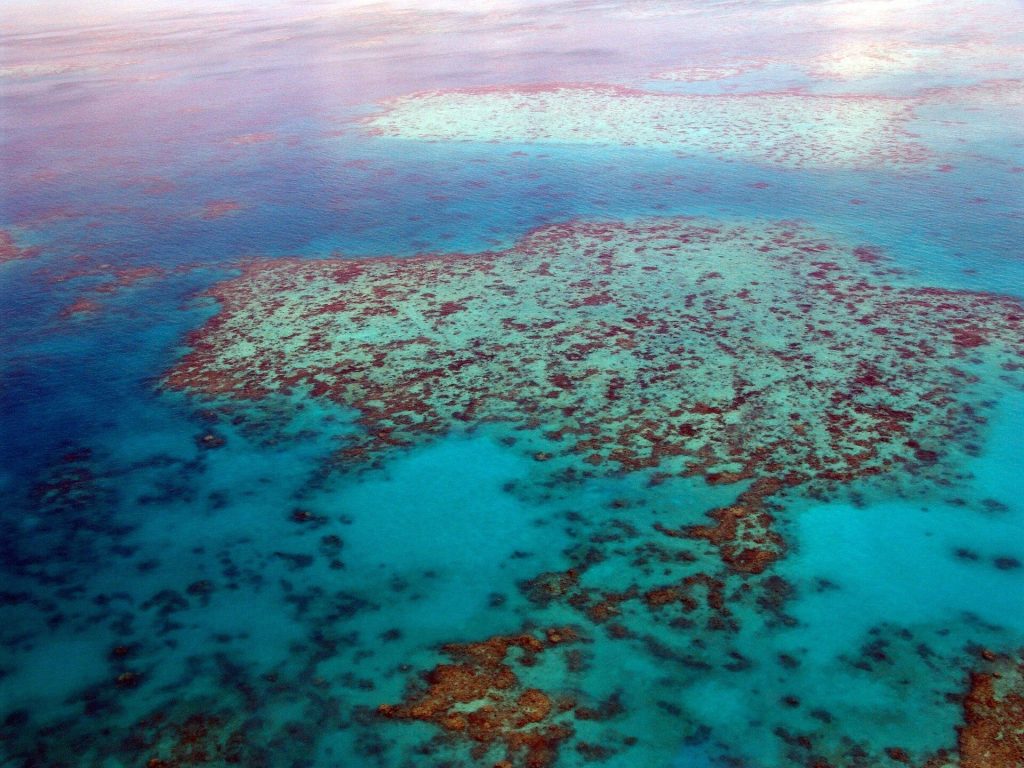In the heart of Poland, wolves are making their remarkable comeback, and one passionate scientist is on a mission to educate the community about these majestic creatures. Join us as we explore the delicate balance between wildlife conservation and local sentiments, revealing why understanding wolves is more important than ever.
In a cozy community hall in the charming Polish town of Końskie, excitement buzzed as locals gathered for a special presentation by renowned scientist Roman Gula. He showcased stunning images of wolves prowling in nearby forests, captured by special hidden cameras. With a warm smile, Gula reassured the audience, “These wolves are no threat to us.”
Gula has dedicated years to studying wildlife in this region, located halfway between the bustling cities of Warsaw and Krakow. “Wolves have recolonized Polish forests,” he announced proudly, highlighting a remarkable story of resilience. Once nearly extinct in the 1950s due to hunting and habitat loss, Poland now boasts a population of about 3,600 wolves—one of the largest in Europe.
Yet, as Gula shared this hopeful narrative, a shadow loomed over their future. Recent legislative changes by European lawmakers have stirred concern among conservationists. Wolves, once strictly protected, were now downgraded to a status that allows regulated hunting. The European Commission’s decision, driven partly by public fear following a wolf attack on a pony, has ignited debates about the management of wildlife.
Dismayed by the shift, Gula argued that this decision lacked scientific grounding and represented a broader, unsettling trend across Europe. “Wolves have been misunderstood for centuries,” he noted, referencing ancient narratives that demonized these creatures. He asserted that, contrary to popular belief, wolves are typically fearful of humans and pose little danger.
Gula’s concerns echo those of many wildlife advocates. A recent statement from leading conservation groups declared, “Europe is turning its back on both wolves and science,” expressing fear that misguided efforts could undo years of progress.
Shifting Perspectives
Trackers have noted an increase in wolf sightings, aided by the rise of smartphone technology allowing people to share footage easily. Interestingly, environmental changes driven by climate change are influencing wolf behavior as well. As their natural habitats dry up, wolves are increasingly venturing into farmlands in search of food.
While Poland aims to reassure conservationists that current protections will remain intact, Gula remains skeptical about enforcement. He highlighted troubling instances where GPS-collared wolves were shot by hunters without repercussions. These challenges highlight the delicate balance between human communities and wildlife.
Community sentiments were mixed in Końskie. Some individuals questioned Gula’s intentions, viewing him as an outsider meddling in local affairs, while others expressed pride and excitement regarding the return of wolves. Fitness instructor Monika Cholewińska attended out of curiosity, eager to learn how to navigate encounters with these awe-inspiring animals.
Gula emphasized that wolves can actually benefit farmers. Sabina Pieruzek-Nowak, a decades-long wolf researcher, underscored this point. As deer and wild boars invade fields in search of food, wolves help naturally control these populations. “This is good news for farmers,” she affirmed confidently.
However, politicization of the wolf narrative has tarnished their reputation, and debunking myths has become a crucial part of Pieruzek-Nowak’s work. She hopes Poland will continue to champion wolves as a conservation success story.
Back in the forest, Gula moved through the tall grass with determination. With a special antenna in hand, he scanned the surroundings, anticipation building as he awaited a signal from a nearby wolf wearing a collar. When the radar beeped, a grin spread across his face: “He’s somewhere here.”
In moments like this, Gula’s passion for these creatures shines through, reminding us all that behind the scientific facts are heartwarming stories of survival, coexistence, and hope for the future.
© 2025 AFP
If you would like to see similar science posts like this, click here & share this article with your friends!



